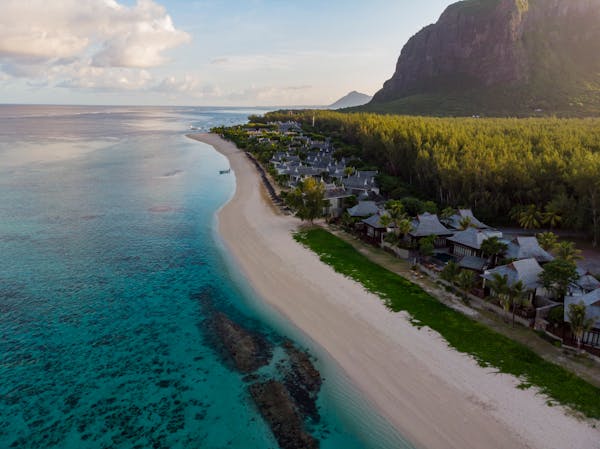Is real estate a good investment in Mauritius? Explore the thriving market

Mauritius offers a stable economy, growing property values, and attractive rental yields—making it a competitive real estate investment destination. Foreign buyers benefit from clear legal frameworks and enticing tax incentives. Understanding local schemes and regulations is vital to maximise returns and navigate residency options. This unique blend of financial opportunity and lifestyle appeal sets Mauritius apart for investors aiming to diversify globally.
Key facts, financial prospects, and legal considerations for foreign buyers
You can view more details on this page: https://www.barnes-mauritius.com/en/luxury-real-estate/mauritius. Mauritius has established itself as a prominent destination for property investment, offering remarkable opportunities for both capital appreciation and rental income. The real estate market trends illustrate steady growth, supported by robust demand in hotspot regions like Grand Baie, Black River, and Flic-en-Flac, where luxury villas and beachfront apartments are particularly sought after.
Cela peut vous intéresser : Villa rental in seychelles: luxury stay on praslin island
Foreign buyers benefit from government-backed investment schemes such as the PDS, IRS, RES, SCS, and Ground +2, each with distinct minimum thresholds—often starting from US$375,000—and the chance to acquire residency status. The approval process is streamlined, but only pre-approved projects permit foreign ownership, ensuring clear legal frameworks and reducing risks. Investors maintain full ownership rights, whether as individuals, through companies, or via trusts.
Taxation policies are highly competitive—no capital gains, property, or inheritance taxes, and a flat 15% income tax rate, enhancing ROI potential. However, buyers should always consult local experts to thoroughly assess regulations and market dynamics.
Cela peut vous intéresser : Uncover the best anime merch for every fan here!
Practical guide to buying and managing property in Mauritius as a foreign investor
Steps in the property acquisition process
Foreign buyers start by engaging a licensed estate agent with local expertise. After identifying a property within government-approved schemes (e.g., PDS, IRS, RES, or SCS), the next step is to sign a reservation agreement and pay a deposit, often held in escrow. Due diligence involves verifying the legal status and title of the property. Financing may be arranged locally or via international lenders. Approval from the Economic Development Board is mandatory before proceeding. A notary prepares the Deed of Sale, ensuring compliance and finalizing the transfer of ownership.
Key costs and fees
Buyers should anticipate several costs:
- Estate agent commissions (typically a percentage of the sale price).
- Notary fees for legal documentation.
- Government duties, such as a 5% registration fee and potential application fees to the EDB.
- Ongoing maintenance and, for rentals, property management charges.
Strategies for investment success
Smart strategies include selecting prime locations (such as Grand Baie or Flic-en-Flac), diversifying property type, and targeting luxury villas for higher holiday rental returns. Leveraging government tax incentives, keeping updated on market trends, and seeking local expert advice will minimise risks. Effective property management can increase yields and support long-term value appreciation.
